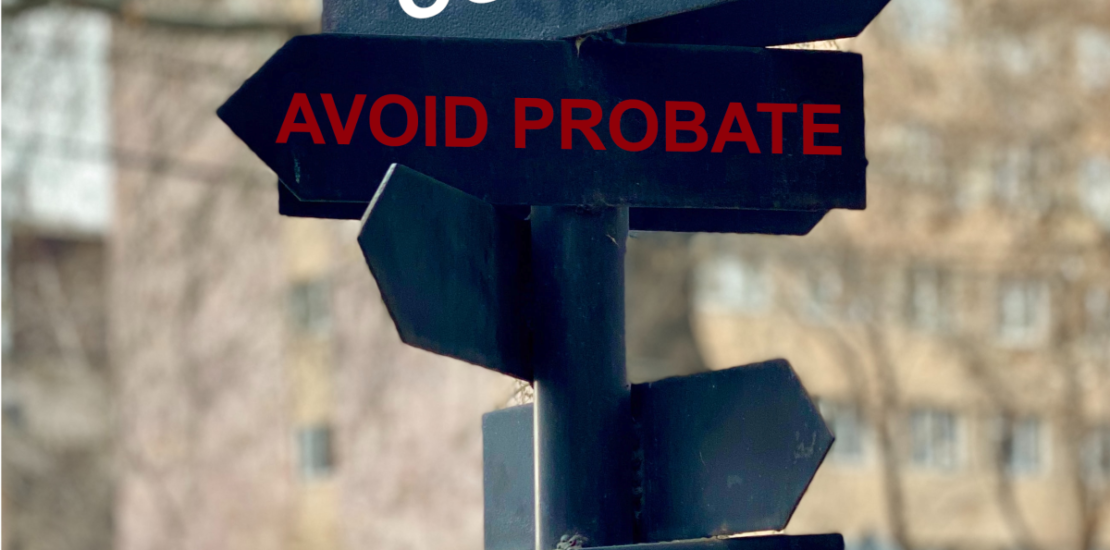
Mom dies and now the kids are fighting over the personal property, the house, the money – you name it. What was simmering during mom’s life now comes to a head after her death and mom’s not here to put out the embers. So we have a full-blown fight. Lawyers and all.
As an elder law attorney, I have seen this way too often.
This does not have to happen.
Elder mediation helps resolve or prevent families from going to court after the death of the elder. In fact, elder mediation is particularly well-suited to avoiding will contests resolving trust and estate disputes. Unlike arbitration or other forms of dispute resolution, mediation is a self determinative and voluntary process and does not require anyone to come to an agreement.
Mediation offers the following important and essential benefits
I’m afraid of my brother. He’ll just walk all over me! Sometimes families are reluctant to mediate because they perceive a power imbalance. “I can’t talk to my sisters; I need a lawyer.” Not necessarily! In elder mediation, we encourage people to bring advocates with them. And even if the advocate is a lawyer, the costs will still be diminished measurably. And since all mediation is voluntary, no one is required to agree to anything.
When should mediation start? The sooner the better, but it can be before or during the course of litigation. The longer the litigation goes the more the inheritance is spent.
Who should mediate? Elder mediators are specifically trained to mediate after death matters and is the only type of mediator familiar with these matters and the applicable law. Having 30 years of elder law practice and mediation experience I feel uniquely suited to handle these matters.
Please contact us for more information on elder mediation and how it can help with your matters or visit: https://florida-elderlaw.com/elder-law-practice-areas/elder-mediation/